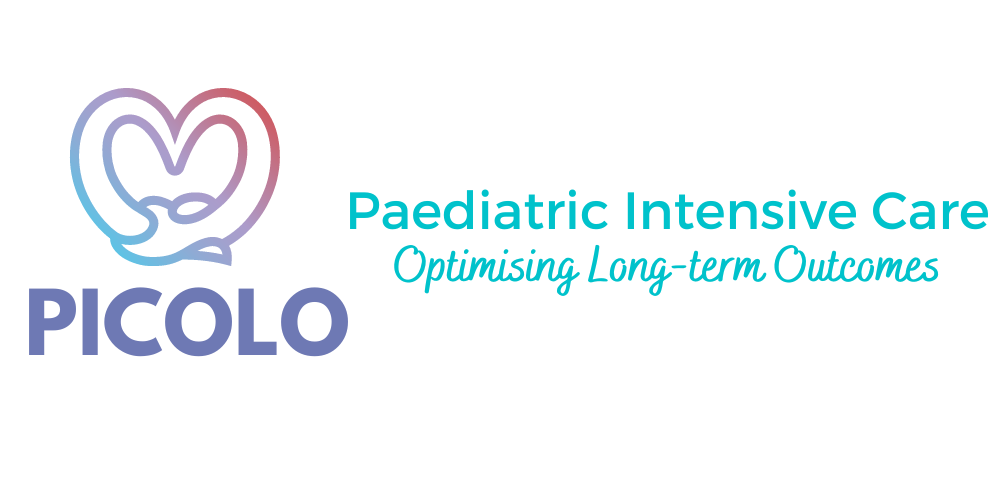PICU Liberation
Optimising children’s recovery for better outcomes after critical illness
Liberation by definition means “to free somebody from something that limits their control over and pleasure in their own life”....
Let’s look at how this concept of Liberation can be applied to the care we provide in the Paediatric Intensive Care Unit.
We know that the impacts on children from critical illness (for example sleep disturbance, post traumatic stress and physical muscle weakness) can persist long after recovery from the illness itself. This is why we have implemented a new and research based care strategy called PICU Liberation to help reduce the impact of a PICU admission, and optimise every child’s recovery for better outcomes after a critical illness.
PICU Liberation is a holistic care approach which was developed by the Society of Critical Care Medicine and has been running in the Paediatric Intensive Care Unit (PICU) at Queensland Children’s Hospital for the last 2 years. There are multiple elements to PICU Liberation but the key to this innovative and caring approach is teamwork!!
PICU Liberation care is centered around the child and family at the bedside, and involves the whole medical, nursing, and allied health team (including physiotherapists, occupational therapists, social workers, pharmacists, music therapists, dieticians, speech therapists, psychologists) working collaboratively.
Every day the PICU team work with the family towards achieving targeted goals to ensure each child’s care is tailored to maximise their comfort, calmness and readiness for rehabilitation.
While PICU Liberation care is focussed on maximising the patient’s comfort and calmness; this is often a balance between pain relief, sedation, breathing support, exercise rehabilitation, nutrition and family support.
Non-pharmacological settling techniques (for example the use of music, cuddles, touch, warmth, smell and comforters) are also very important in the PICU Liberation strategy.
We like to “de-intensify” the PICU environment as much as possible, so we aim to simulate the child’s home environment by establishing a daily routine for each child, and having family members as involved in caring for their child as possible.
During the day we aim to have the children as awake and mobile and as possible, so that we can optimise rehabilitation therapy and family time, while at night we aim to protect children’s restorative sleep by dimming the lights, lowering noise levels and utilising soft musical nightlights.
PICU Liberation is a strategy for every child, every day. Each therapy can be adapted to even our most critically unwell children.
While once upon a time critically ill children were deeply sedated and immobile in bed, these days we know that the sooner we can have our patients more awake, interactive and moving, the more optimal their recovery will be.
Time to Liberate!!




